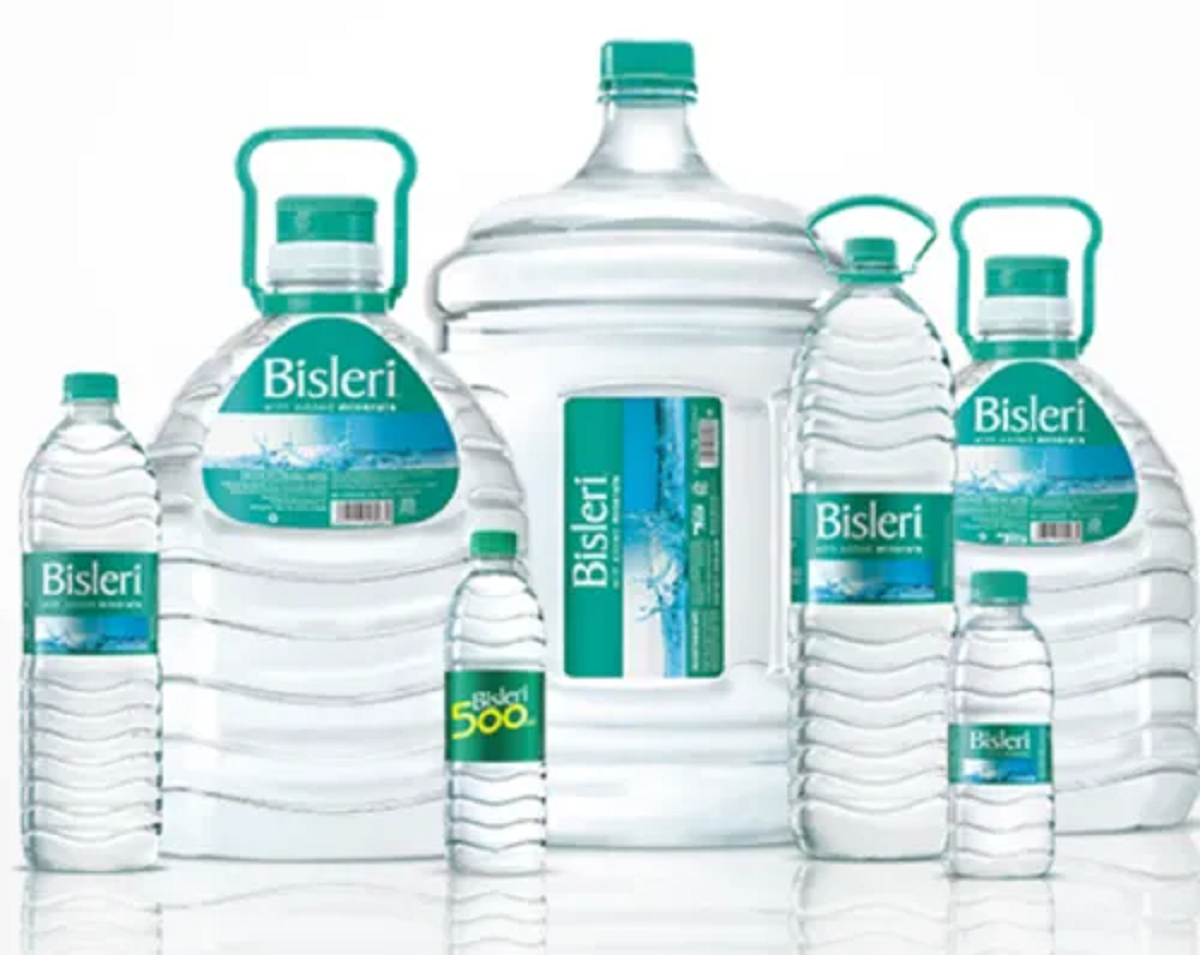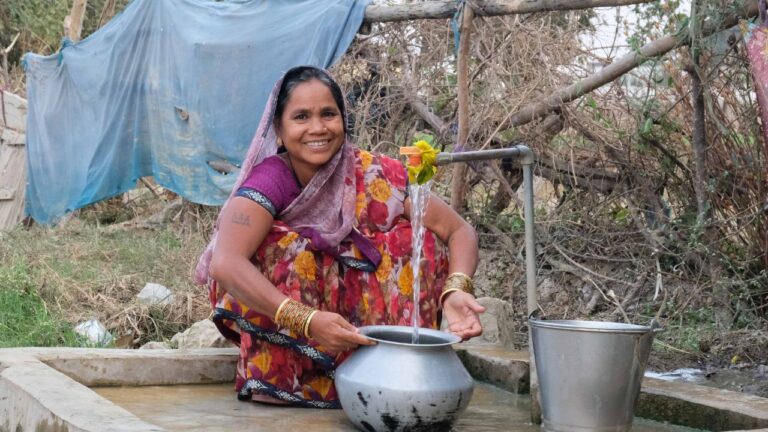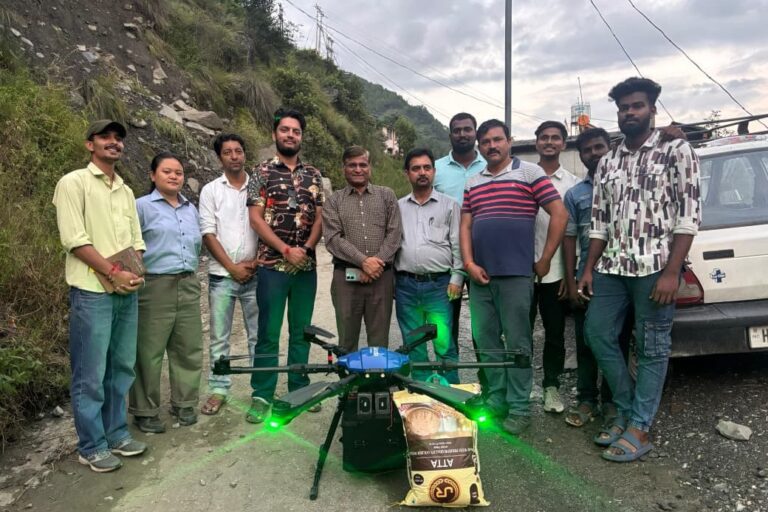
Packaged water giant Bisleri is spearheading an initiative to introduce water credits, similar to carbon credits, to hold beverage companies accountable for their water usage. This move aims to promote sustainable water management within the industry.
Partnering with TERI for Benchmark Study
In collaboration with TERI School of Advanced Studies, Bisleri has commenced a study to establish benchmarks for the beverage industry’s commitment to water conservation. This study is crucial as major beverage manufacturers face criticism for sourcing water from areas with limited water resources. Many companies now strive to replenish the water utilized in their production processes.
Green Credits for Water Conservation
Bisleri plans to present its findings to the central government, advocating for the creation of a water credit framework. “The water sector can generate green credits through water conservation, water harvesting, and water use efficiency, including treatment and reuse of wastewater,” stated Bisleri. This initiative mirrors the carbon credit system, where companies purchase credits to offset their emissions.
“This report proposes a model for the government to use as a template. We urge the government to establish a platform similar to carbon credits as soon as possible,” Angelo George, CEO of Bisleri International, said in an interview.
Localized Approaches for Water Savings
The study reviewed global practices in water trading, water credits, and fiscal tools, aiming to develop a framework to estimate the water footprint of production units. The research tested the water footprint of two Bisleri production units in diverse terrains, highlighting that unlike carbon emissions, water savings require a localized approach considering factors like rainfall and watershed consumption.
Addressing Water Scarcity
According to the Council on Energy, Environment, and Water (CEEW), 11 out of 15 major river basins in India will face water stress by 2025, with per-capita annual water availability dropping below 1,700 cubic meters. Bisleri’s initiative aligns with the government’s Green Credit Program (GCP), introduced in October 2023, which aims to encourage voluntary environmental actions, focusing initially on water conservation and afforestation. However, an official platform for trading green credits is yet to be established in India.
Industry Reactions and Implementation Challenges
Industry insiders acknowledge the novelty and responsibility of the water credit system but foresee implementation challenges. “This is a responsible way for the industry to be more water-efficient, though several large companies already replenish the water they use,” said a senior beverage industry executive.
Groundwater usage in India is regulated by various national and state-level rules, requiring companies to obtain No Objection Certificates (NOCs) for groundwater extraction and implement groundwater replenishment measures. Packaged water units face penalties for exceeding groundwater withdrawal limits, with abstraction charges varying based on the assessment of the groundwater units.
Aligning with Sustainable Practices
The move aligns with broader efforts to enhance sustainable and environmentally friendly practices among companies. “Efficient water use practices and earning credits will make processes more environmentally friendly, boost international product acceptance, and reduce regulatory and reputational risks,” said Nitin Bassi, senior program lead for the sustainable water team at CEEW.
However, Bassi cautions that establishing a baseline water footprint for the industry could be challenging due to the diverse scale and scope of water units. Smaller units might struggle with technology and validation of claims over time.
Bisleri’s proposal, if successfully implemented, could set a precedent for sustainable water management in the beverage industry, driving accountability and environmental stewardship.






